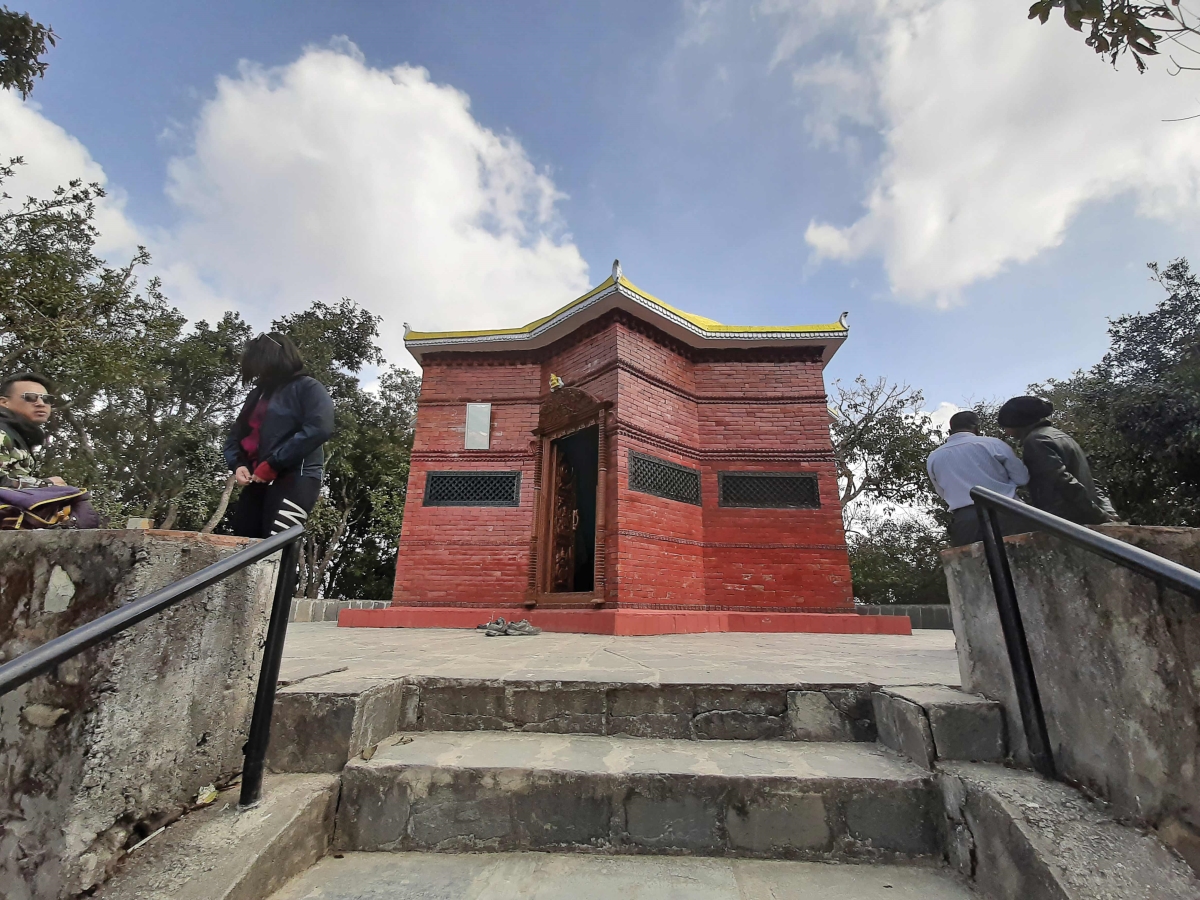 The breathtaking beauty of Nepal is marred by a sinister fact: about 8,000 to 12,000 women and young girls disappear from Nepal annually, most of whom are trafficked to Indian brothels. It is estimated that as many as 200,000 Nepali girls and women currently languish in the red light districts of India. When they return to Nepal, if they return, their spirits are often broken and they are usually shunned by their communities. Many are sick and dying, many are debilitated by trauma and shame.
The breathtaking beauty of Nepal is marred by a sinister fact: about 8,000 to 12,000 women and young girls disappear from Nepal annually, most of whom are trafficked to Indian brothels. It is estimated that as many as 200,000 Nepali girls and women currently languish in the red light districts of India. When they return to Nepal, if they return, their spirits are often broken and they are usually shunned by their communities. Many are sick and dying, many are debilitated by trauma and shame.
Hope for rehabilitation is coming to some trafficking survivors in the form of Dance Movement Therapy.
“When they come from the brothels they think that their body is useless…, dirty. Through the dance sessions I teach them that their body is still important,” says Nilufor Chaulagain, an employee of an international anti-trafficking
organization called the Daywalka Foundation. Nilufor conducts Dance Movement Therapy sessions with seven different organizations in the Kathmandu valley.
Nilufor explained that Dance Movement Therapy is a unique psychotherapy, a continuous process that varies depending on the needs of the victims. It is predicated on the belief that body and mind are interrelated and that change in the body can be a catalyst for mental and emotional change and growth. A typical session lasts about an hour and begins with a few minutes of talking to check-in, followed by a warm-up. Then ‘process’ begins—“a period of exploration of ideas, images, issues present in the session” expressed through movement. The instructor can infer a lot about the participants’ emotional states by their body positions and gestures. The session ends with closure, bringing the participants to an emotional state of “preparation to return to daily life”, says Nilufor. Music generally accompanies the sessions.
Nilufor gave the example of one woman so traumatized by abuse that she had been emotionally isolated for six years and was basically mute. “After 15 days of Dance Movement Therapy she had improved so much that afterwards she talked to people”, he says. The woman now works for Saathi, a local non-government organization based in Nepal working to prevent violence against women.
A recent 15-day Dance Movement Therapy workshop in Godavari made exciting progress towards establishing this therapy more firmly in Nepal. Workshop participants formed a Dance Movement Therapy network and invited the Daywalka Foundation to lead it. The network’s main aim is to expand
coverage nationwide. Objectives also include grooming a second generation of resource persons and expanding group membership. The network now holds monthly meetings and is facilitating the sharing of Dance Movement Therapy practices and experience.
Many factors contribute to the high rate of human trafficking in Nepal,
including poverty, lack of education and awareness, and lack of job opportunities. Instability caused by political unrest in many rural areas has also contributed to the trafficking problem. Trafficking victims are often lured by false promises of good jobs or marriage. The number of trafficked men and boys is also growing.
Along with the dance therapy courses, Daywalka’s Kathmandu office also helps rehabilitate trafficking and abuse survivors by giving them life skills such as basic computer training and cooking classes. They also assist survivors of trafficking and abuse in finding jobs.
The Daywalka Foundation mission is to address human trafficking, safe migration and gender-based violence “through culturally grounded, rights-based solutions”, an approach heavily focused on the rule of law. Daywalka is based in Portland, Oregon, USA, where it is affiliated with the School of Government at Portland State University. In Nepal, it partners with these local NGOs: Maiti Nepal, ABC Nepal and Saathi.
If you have a skill you would like to teach survivors of trafficking or abuse or would like to find out about helping in other ways, contact Daywalka at nepal@daywalka.org. On the web see http://daywalka.org. Address: P.O.Box 9799,Prayashnagar, Shamakhusi, Ring Road, Kathmandu. Phone 437.3310 or 621.2513.
Laura Stanley is a journalist who lives in Portland, Oregon. She was recently in Nepal where she visited the Daywalka staff for this story. She can be reached at miss.ennaeel@gmail.com.

Hiking Through History
After hiking for hours, we finally reached the park. The first thing we saw was the tomb of...










